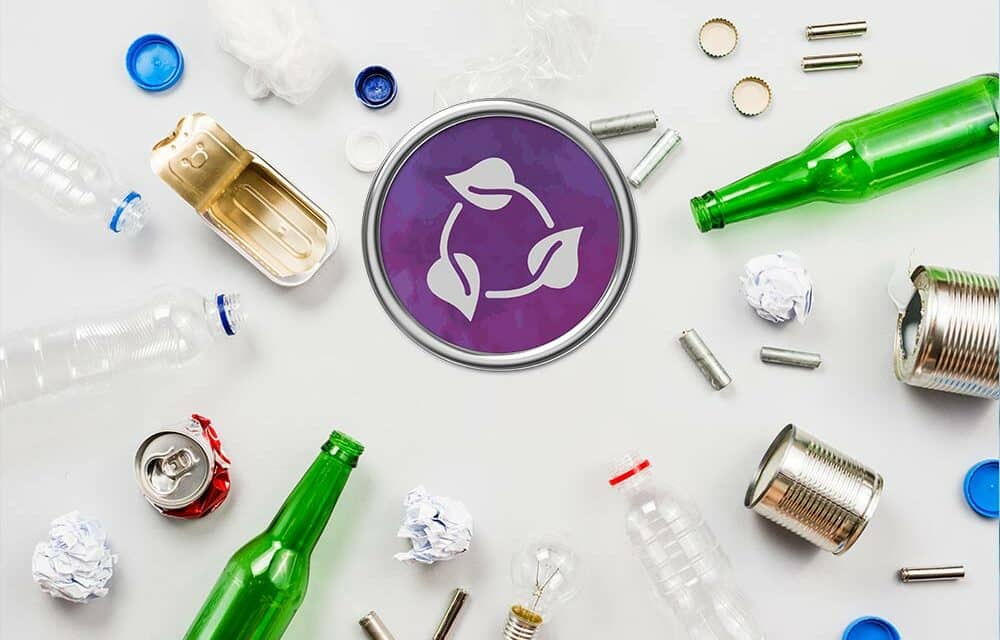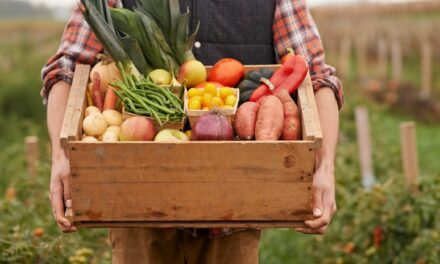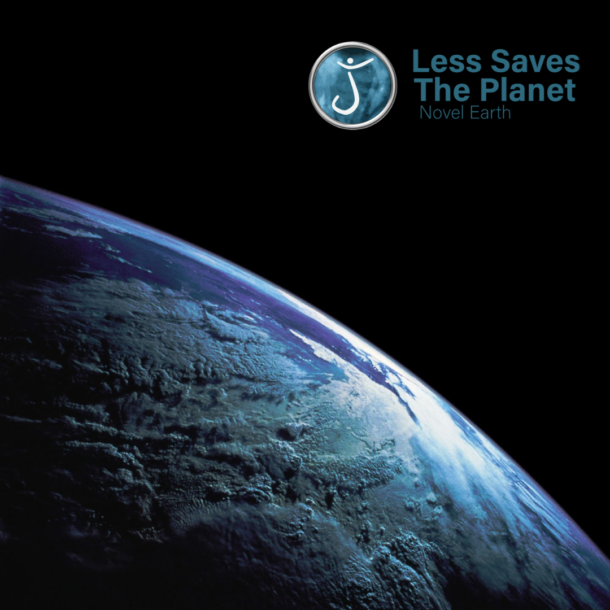
6 – REDUCING WASTE

“We will only eat when we are very hungry and stop before we are completely satisfied” (Sarrâj, 1914: 182; Ghazâlî, 1371 H: 288; Suhrawardî, 1983: 349; Kâshânî, 1372 H: 274): This Sufist extract completely illuminates the commitment of Less Saves the Planet through this central theme of stopping waste. Despite the government’s decision to halve waste by 2025, it persists.
Chapter 6 aims to show that preserving the environment in the restaurant world in general must go through good habits toadopt. We live in a time when food waste has never been more important: it accounts for one third of the world’s food production according to FAO data. Simple solutions to reduce waste are at your fingertips.
The importance of the restaurant world
The first part of Less Saves the Planet’s anti-waste campaign takes place in the world of catering; it is about optimizing the entire food chain from supply to table service so that the number of products, containers and transport is as condensed as possible. We invite chefs to take in eco-responsible habits in the way they bring products to them, store them, cook and recycle them, and offer to take away as a doggy bag when needed. It is through this crucial stage that our label aims to develop this form of commitment to the planet.
Here is the anti-waste strategy advocated by Less Saves the Planet:
- Space orders over time for non-perishable products (dry vegetables, drinks, etc.);
- Grouping deliveries among colleagues;
- Source bulk, large containers or shuttle packages to reduce packaging.
- Produce on-site certain vegetables, aromatic plants…
These tips must be coupled with strategic conservation means:
- Vacuum storage;
- Setting up a cooling cell
- Systematization of freezing, appertisation and canning of products, etc.
The role of consumers
We want to open this anti-waste lifestyle to all consumers so that everyone at home can limit the mess as much as possible. Food waste accounts for 20 kg per French each year, according to figures from the Environment and Energy Management Agency.
In order to limit it, we offer tips and advice regarding sourcing, storage, and cooking in the background as form to help individuals consume better by joining their efforts with those of hoteliers and restaurateurs.
At the consumer level, here’s what can be achieved:
- Go around your closets regularly (once a month, for example).
- Keep your refrigerator clean: Mold can speed up food deterioration.
- Do not leave fruits and vegetables near a warm place or that may smoke. Natural gas can speed up the maturation process.
- Use glass containers. Some plastic containers contain chemicals that speed up the maturation process of food.
Our chapter paves the way for a more spiritual and off-the-beaten-track treatment of the issue of waste by proposing to address it from the point of view of fasting. A practice that is very beneficial to the health of the body and the soul if it is well supervised and thoughtful, fasting offers a form of sobriety in accordance with the state of mind and practices supported by our movement in its fight against waste. That is why this chapter presents and promotes it, even though we obviously do not impose the practice and it is very important to carry it out in good conditions and with adequate preparation for it to be truly effective.



















